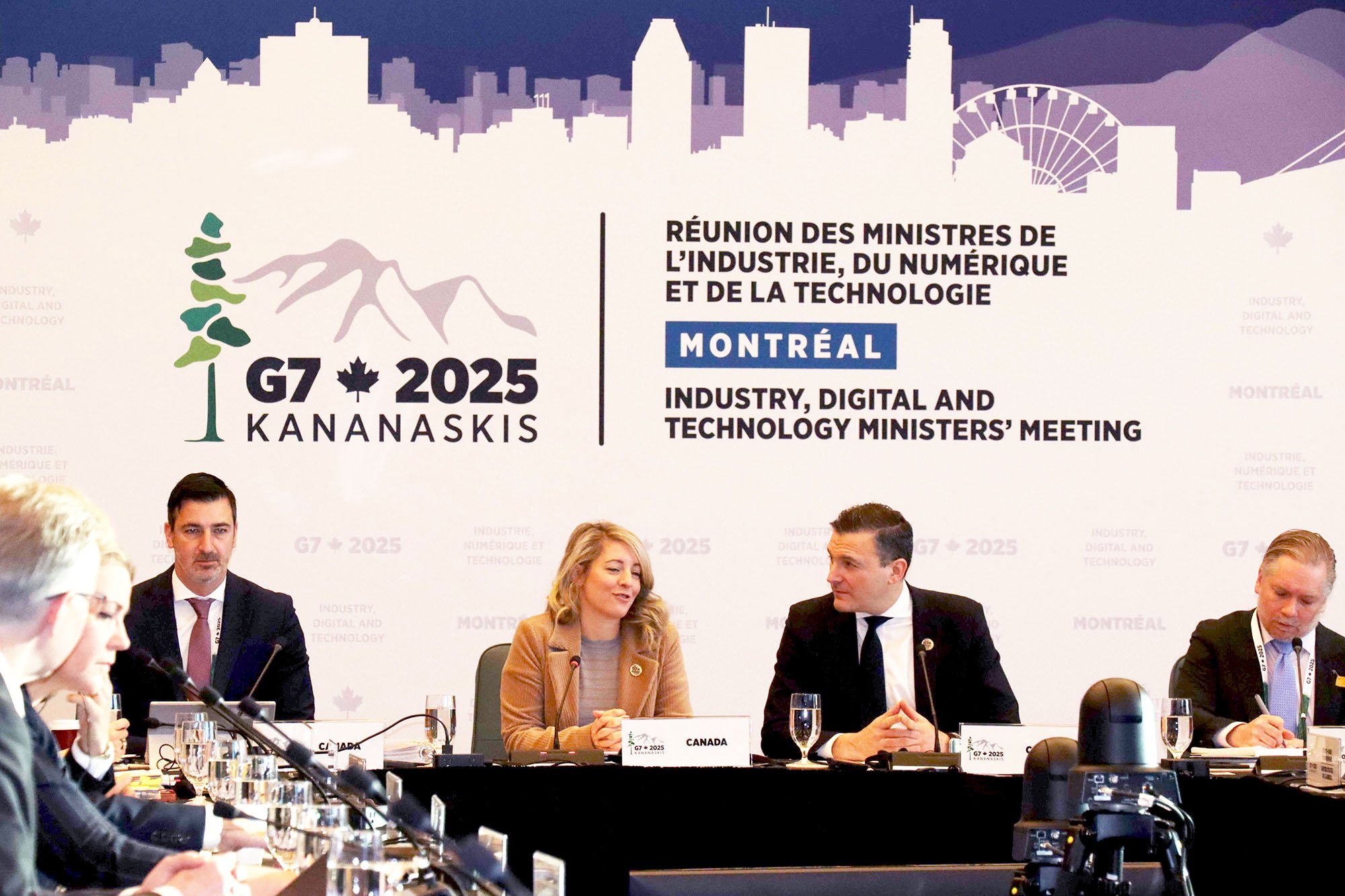Canadian government moves to ease public anxiety after Trump’s 25% tariff threat
The Liberal government acted swiftly on Tuesday to ease anxiety over a pledge by U.S. President-elect Donald Trump to impose blanket 25% tariffs on all imports from Canada.
Trump had previously said he would impose 10% tariffs on Canadian and other global imports. The 25% tariffs would also apply to Mexico, the incoming president said Monday in a post on social media, saying both countries needed to tighten their border with the U.S. to prevent the transshipment of illegal immigrants and drugs.
Canadian Prime Minister Justin Trudeau sought to immediately downplay the threat, and said he and Trump had spoken by telephone on Monday shortly after the incoming president posted about the tariffs. “We talked about some of the challenges that we can work on together,” Trudeau told reporters Tuesday. “It was a good call. This is something that we can do, laying out the facts moving forward in constructive ways.”
Innovation Minister François-Philippe Champagne said the tariff threats must be taken seriously, but said Trump doesn’t take office for another two months, giving the two sides several weeks to engage. “We'll make sure that everything that we have said about the strategic nature of a relationship, about security, supply chain, resiliency, and making sure that they understand that this would have an impact on the US economy if you just think about the energy sector in particular,” Champagne said Tuesday.
The Americans ran a merchandise trade deficit of USD$46 billion with Canada in the first nine months of 2024, or just 5% of the total U.S. trade gap with the world, according to the latest U.S. data. That deficit is one-third the size and one-fifth the size of the U.S. deficits with Mexico and China, respectively. About 75% of Canadian exports go to the U.S.
Trump’s plan to impose a 10% tariffs on imports would reduce Canada’s GDP by 0.4 per cent immediately, according to a recent report by the Peterson Institute for International Economics. The effects of Trump’s tariffs would last for years, and employment would fall nearly 0.75 per cent, with a loss of up to USD$60 billion over the first three years, the Peterson report said.
Pierre Polievre, leader of the Conservative Party of Canada, called on Trudeau to remove the carbon tax, saying the levy would see Alberta and Saskatchewan produce 35% less energy at a time when the nation’s economy is struggling and the labour market has shown signs of weakness. “It is our biggest industry and our biggest export,” Poilievre said. “The incoming American president says he wants to cut gas prices in half. Well, the only way to do it will be to import more clean Canadian energy. So the prime minister has to stop this assault on our biggest industry.”
It remained unclear what Trump’s tariff pronouncement would mean for the United States-Mexico-Canada Agreement, which is entering a pivotal phase as it approaches its scheduled review in 2026. If one party signals dissatisfaction, renegotiation or potential termination may be triggered, although the agreement is set to continue until at least 2036 if all parties agree during the review process.






